Cradle cap is a skin condition (a type of seborrheic dermatitis) that affects babies for the first few months of life.
It sometimes lasts longer but rarely past the age of one. Unlike other forms of dermatitis, it’s not usually itchy.
A red, greasy scalp with yellow crusts or flakes suggests cradle cap. It may also appear on eyebrows and behind the ears.
What causes Cradle Cap?
Cradle cap is an oily rather than a dry skin problem. Glands in the scalp make a substance which oils and waterproofs the skin. Babies may have high levels of certain hormones in their bodies after birth, which react with the glands, making surplus oil. There may be a genetic element involved as babies who get cradle cap often have family members with dermatitis, eczema or asthma.
Prevention and Treatment
Cradle cap usually clears by itself after a few months. Treatment involves removing the skin’s flaky crusts – but they can continue to return for as long as the glands continue to make surplus oil.
Some suggestions for removing crusts include applying a baby organic skin care cream to the area. Wipe the area with a washer when bathing, and then brush baby’s head with a soft brush.
Cradle cap may be unsightly but it’s usually harmless. Always see a doctor if the cradle cap seems to worsen significantly or scaly patches spread to other parts of the body. It is possible for an infection to occur underneath cradle cap, indicated by very red skin and blisters, which may weep. Antibiotics may be needed in these circumstances.
A baby who develops cradle cap may be prone to other types of seborrheic dermatitis when they’re older, such as dandruff – so it can pay to get into the habit of choosing organic skin care products.



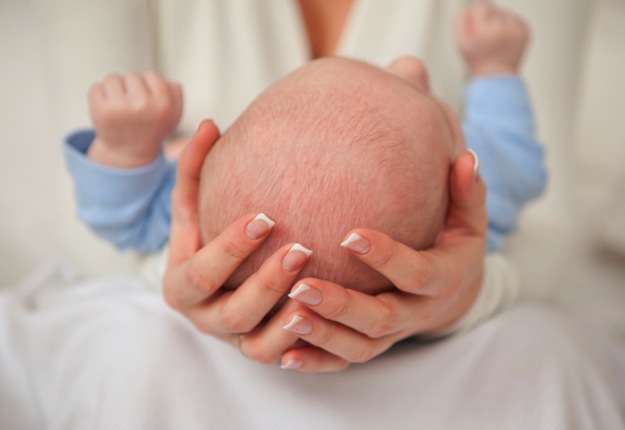



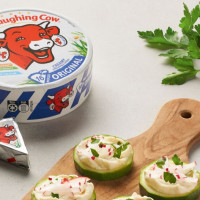
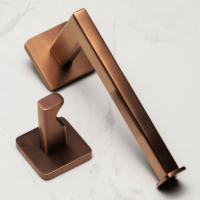
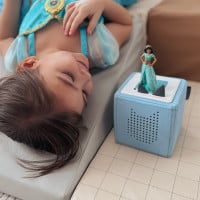

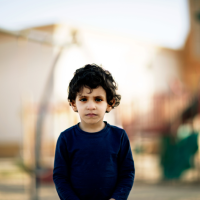


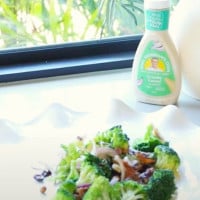

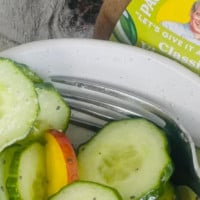



12:27 am
8:54 pm
4:47 pm
10:11 pm
8:38 pm
8:08 pm
4:52 pm
1:05 pm
-

-
-
-
mom71460 replied
- 07 Nov 2014 , 1:07 pm
Reply11:46 am
11:31 am
11:28 am
9:35 am
9:07 am
6:58 am
2:55 am
10:48 pm
10:39 pm
9:14 pm
8:08 pm
3:33 pm
- «
- 1
- 2
- 3
- »
Post a commentTo post a review/comment please join us or login so we can allocate your points.